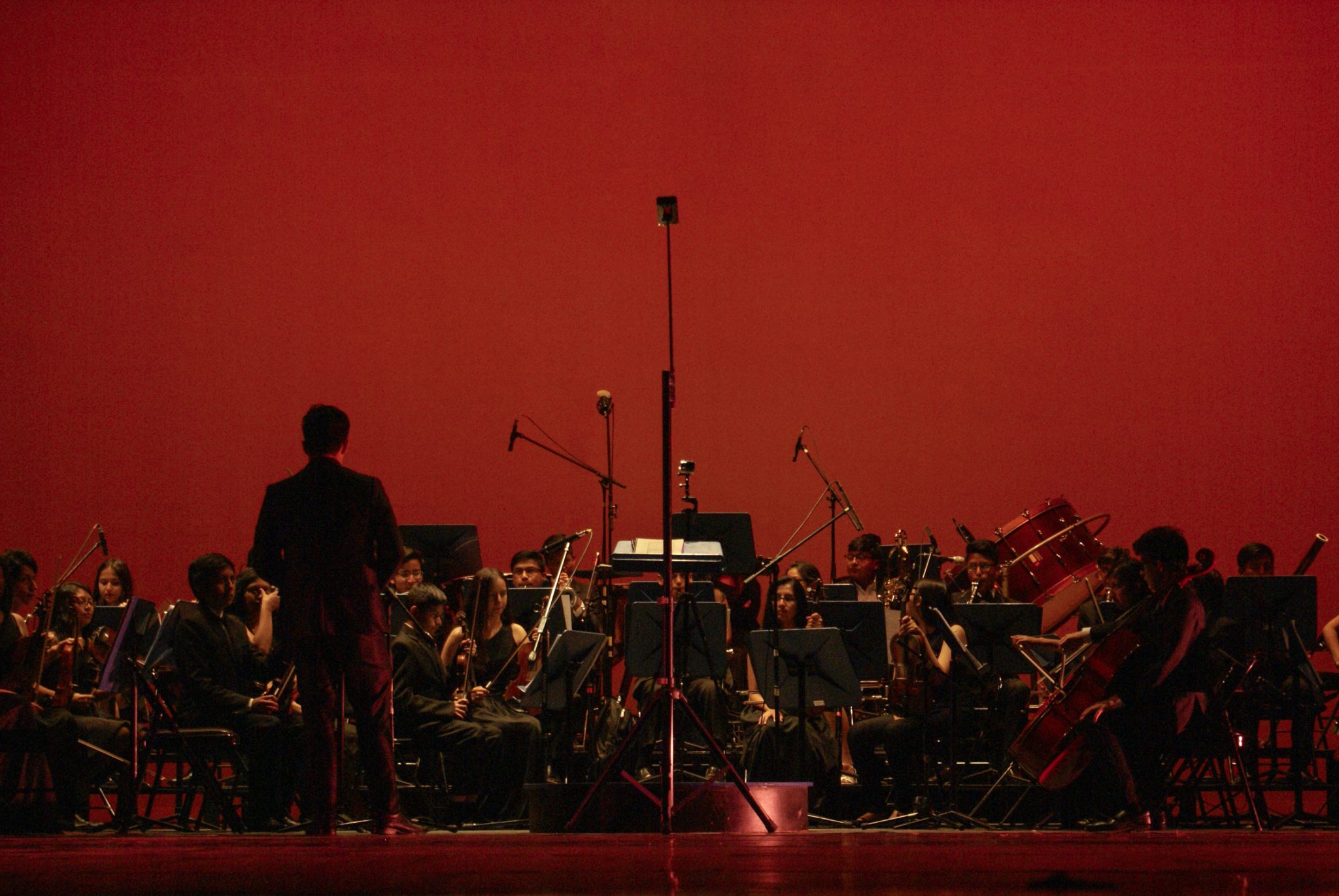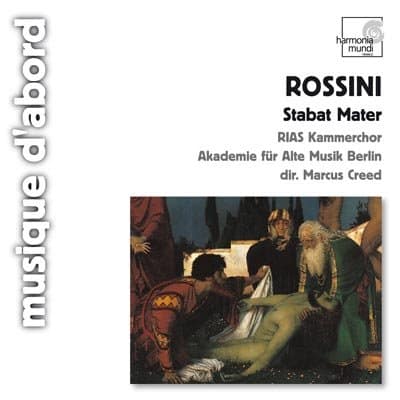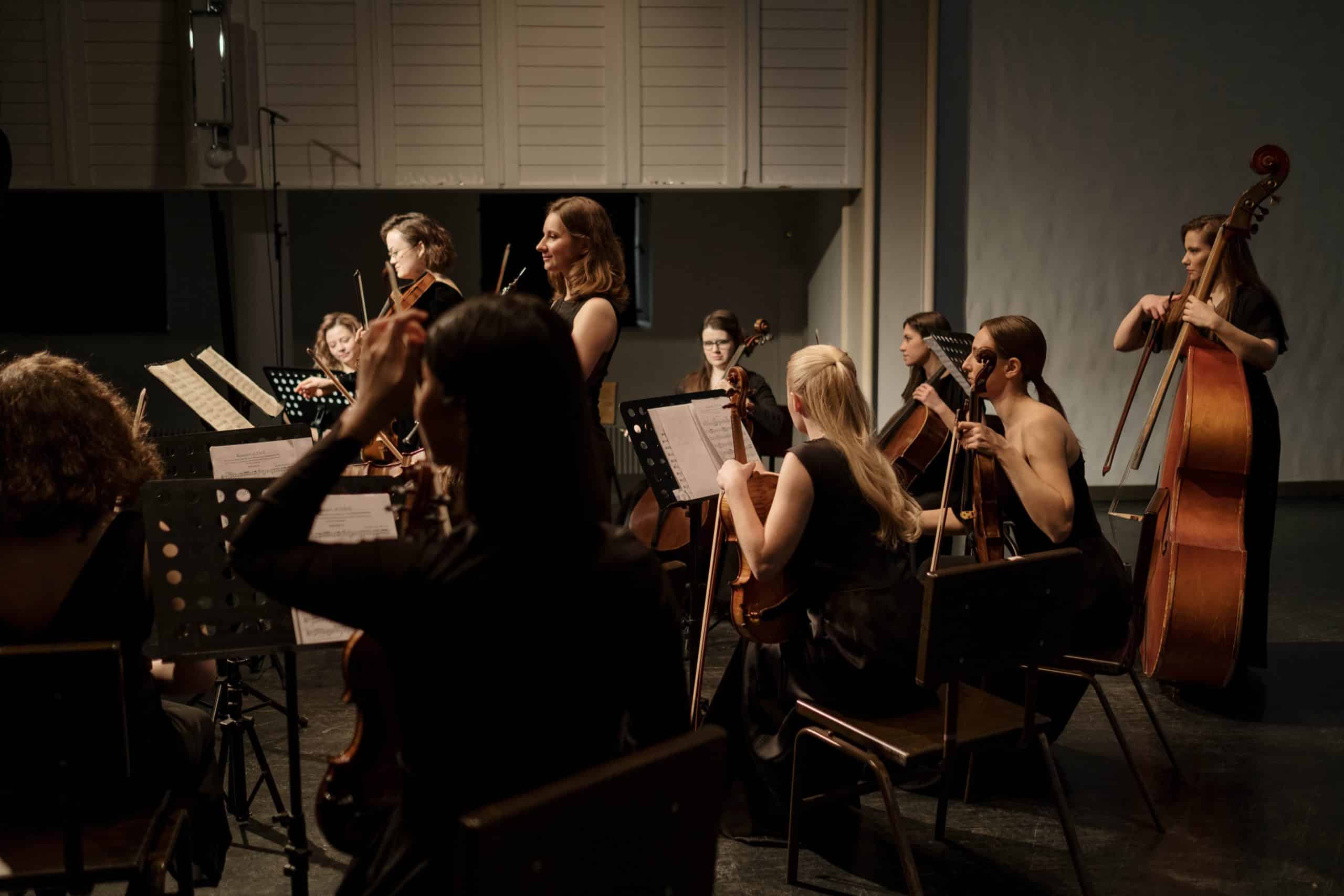
Back to catalogue search
GIOACCHINO ROSSINI Stabat Mater RIAS Kammerchor, Akademie für Alte Musik Berlin, Marcus Creed
0h57
Digital
HMA1951693
A triumph of bel canto
With his Stabat Mater Rossini caused a commotion in the religious music of his time, which was much too staid for his tastes. 'When music tries too hard to follow the words and to model itself on events, it is trying to speak a language which is foreign to it. No one succeeded in avoiding this pitfall better than Rossini; that is why his music speaks its own language with such clarity and purity that it does not need words', wrote Schopenhauer, the unexpected champion of a spectacular work whose extraordinary modernity - long before Verdi or Puccini - we are only now beginning to realise.
This title was released for the first time in 1999.
Read more
Read less
Artists
- Krassimira Stoyanova
- Petra Lang
- Bruce Fowler
- Daniel Borowski
- Marcus Creed


